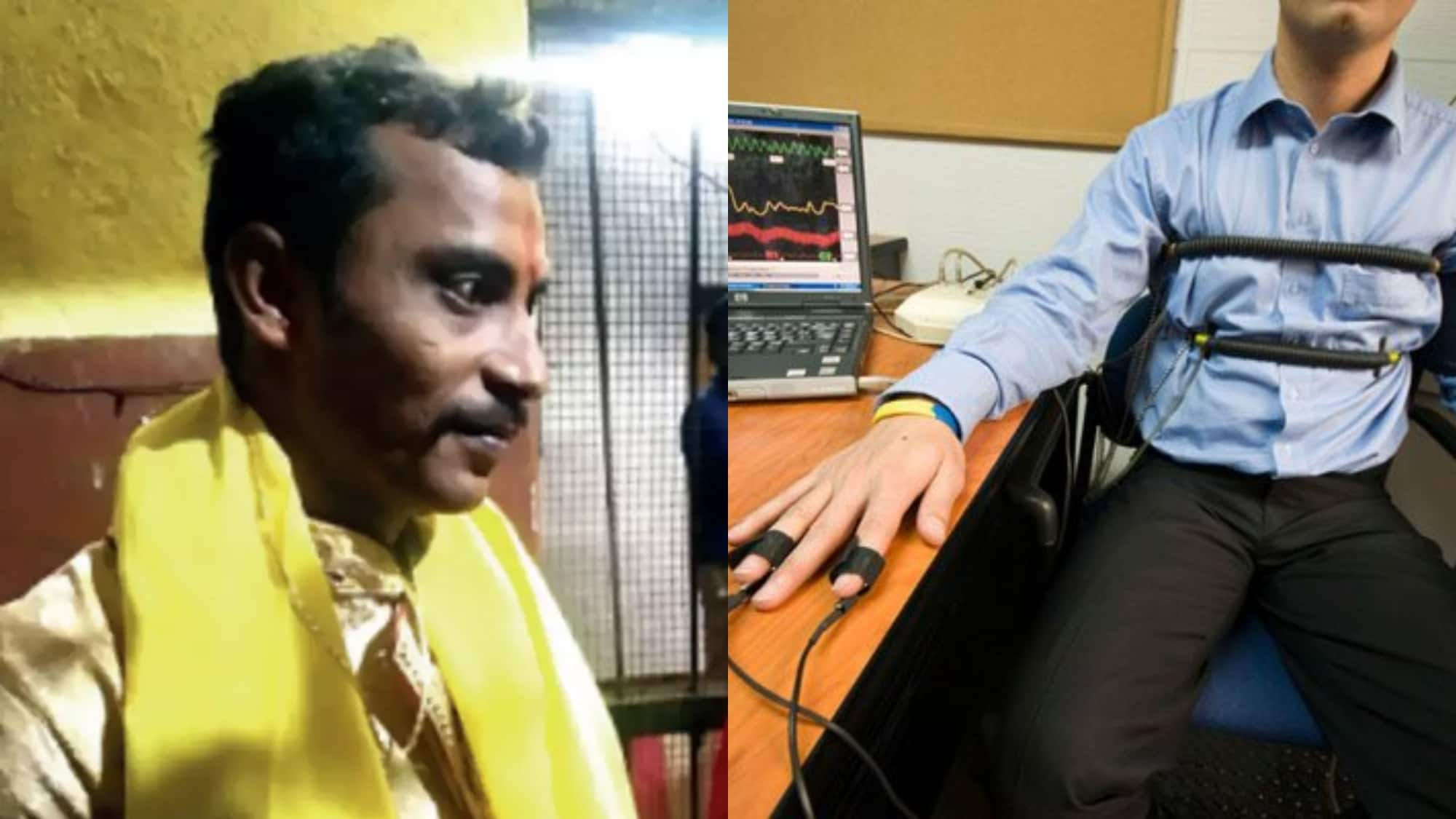Kolkata Court Denies CBI’s Request for Narco Test on Rape and Murder Case Accused Sanjay Roy
A Kolkata court has recently turned down an application from the Central Bureau of Investigation (CBI) seeking permission to conduct a narco test on Sanjay Roy, an accused in the high-profile RG Kar Medical College and Hospital rape and murder case. The court’s decision came after it was revealed that Roy declined to provide his consent for the test, a requirement emphasized in a prior Karnataka High Court ruling.
Background of the Case
Sanjay Roy was taken into custody by Kolkata Police on August 11, following the shocking discovery of a doctor’s body in the hospital premises. As the gravity of the case became evident, it was subsequently transferred to the CBI on August 23, following a directive from the Calcutta High Court.
The Narco Test Explained
The narco-analysis procedure involves administering Sodium Pentothal, a drug that induces a hypnotic state in the individual, significantly impairing their cognitive abilities. CBI officials believe that during this state, individuals are more prone to divulging the truth, aiding the investigation by clarifying discrepancies in the accused’s statements.
Latest Developments in Court
During the court proceedings, the judge asked Sanjay Roy directly if he was willing to undergo the narco test. Roy firmly declined, despite having shown initial willingness to participate in the test before the CBI investigation team. This change in stance raises questions about the accused’s willingness to engage with the investigative process and possibly lends credibility to concerns surrounding the reliability of results obtained under such testing methods.
Previous Investigative Measures
Prior to this decision, the CBI had conducted a polygraph test on Roy within the confines of the Presidency Correctional Home, as part of their ongoing investigation to gather substantial evidence against him.
Legal Implications
The rejection of the CBI’s request could have significant implications on the investigation. With the legality and ethicality of narco testing being a contentious issue, the court’s adherence to established legal precedent underscores the importance of voluntary consent in such procedures.
Conclusion
The unfolding of the RG Kar Medical College and Hospital case continues to draw widespread attention. As the investigation proceeds, the focus will undoubtedly remain on the methods employed by the CBI, the cooperation of witnesses and accused individuals, and the broader implications of the judicial system’s handling of sensitive and serious crimes such as rape and murder.












